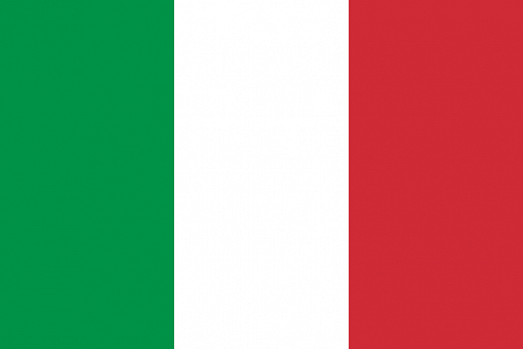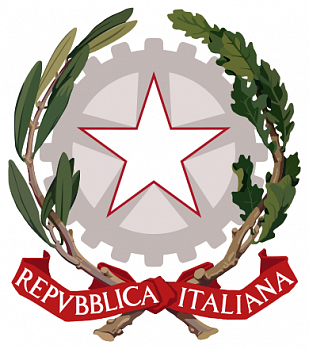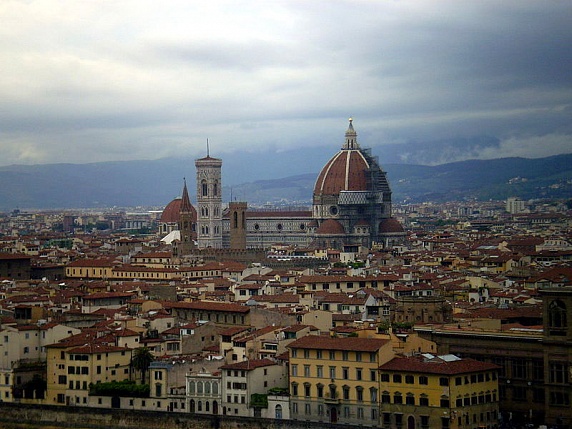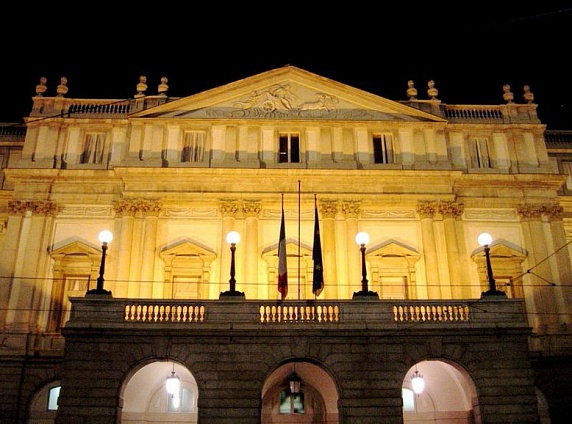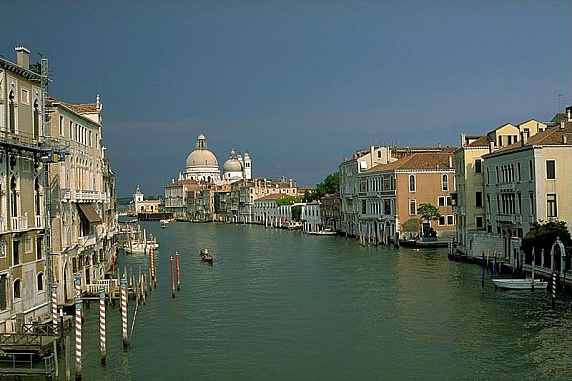 the Republic of Italy
the Republic of Italy
Foreign Minister Sergey Lavrov’s statement and answers to media questions at a joint news conference following talks with Italian Minister of Foreign Affairs and International Cooperation Luigi Di Maio, Rome, December 6, 2019
Ladies and gentlemen,
We have really had a good conversation, as Foreign Minister of Italy Luigi Di Maio said.
Our dialogue with Italy and our Italian friends has always been stable and predictable, even in today’s difficult international situation. We value this very much. Of course, contacts at the highest level play the determining role in ensuring this dynamics. In this sense, today we reviewed the implementation of the agreements reached this July during President of Russia Vladimir Putin’s official visit to Italy.
We praised our agencies’ work to implement these agreements. We also praise the development of the inter-parliamentary dialogue. Speakers of the both chambers of the Italian parliament have visited Russia this year. A regular meeting of the Large Russian-Italian Inter-Parliamentary Commission took place in March.
With respect to trade and economic cooperation, we noted the important coordinating role of the Russian-Italian Council on Economic, Industrial and Financial Cooperation, co-chaired by Foreign Minister of Italy Luigi Di Maio and Russian Minister of Industry and Trade Denis Manturov. We discussed preparations for the next session of this Economic Council, which will be held in Russia next year. We hope that a large Italian delegation will, as always, take part in the St Petersburg International Economic Forum. As my colleague has just confirmed, Italy will be the partner country at the Innoprom exhibition in Yekaterinburg next summer.
We agreed to schedule meetings between the foreign and defence ministers in the two-plus-two format. All the necessary preparations have been completed.
We agreed to continue coordinating our efforts in countering terrorism, illegal drug trafficking and other cross border threats to security. We discussed prospects for cooperation in international information security and efforts against cyberspace abuse. We have a bilateral interagency working group on countering new challenges and threats that addresses all the problems I mentioned. The next meeting is scheduled for Moscow next year.
Traditionally important cultural ties, necessary for our people, are expanding. The display of the picture Madonna and Child by Sandro Botticelli from the Uffizi Gallery on the sidelines of the Eastern Economic Forum in Vladivostok was a big cultural event this year. In its turn, the State Hermitage Museum in St Petersburg presented pictures by Leonardo da Vinci at the Russian pavilion at the Venice Biennale to mark the artist’s 500th birthday. The Russian pavilion was among the most popular at the biennale. Italy was widely represented at the St Petersburg International Cultural Forum last month.
We spoke in favour of further promoting people-to-people contacts, including within the renewed Russian-Italian Civil Society Dialogue Forum.
We reviewed the current international agenda and looked closely at security issues in the Euro-Atlantic area. The security situation here is not satisfactory. We talked about relations between Russia and the European Union, touched on specific conflict situations in the Middle East and North Africa. We reaffirmed our commitment to the implementation of UN Security Council Resolution 2254 on the Syrian settlement and welcomed the start of the Constitutional Committee’s work. I would like to note, parenthetically, that I met today with Geir Pedersen, Special Envoy of the UN Secretary-General for Syria. He is quite optimistic in general and, in my opinion, has good plans on how to further streamline the work of the Constitutional Committee.
We also emphasised the importance of continuing the uncompromising fight against terrorism, especially in Idlib, where Hayat Tahrir al-Sham, the former Jabhat al-Nusra, still holds sway. We stressed that now the work to facilitate the return of refugees and IDPs and the restoration of infrastructure destroyed by the war is coming to the fore. We urge the world community to assist in resolving the acute humanitarian problems in Syria without politicisation, discrimination or preconditions.
We see no alternative to a peaceful settlement of the intra-Libyan conflict. An inclusive national dialogue is required here. Some hope was inspired by the contact between Mr Fayez al-Sarraj and Khalifa Haftar in February 2019 in Abu Dhabi. They agreed on the reforms that need to be implemented so that all Libyans can unite. Unfortunately, these agreements were not fulfilled, and the situation degraded into a hot phase. We stand for the cessation of hostilities and for the resumption of dialogue in full conformity with the parameters agreed upon in the UN Security Council. We hope the efforts to convene various conferences, including the one in Berlin being discussed now, will continue strictly in line with UN Security Council decisions.
We also talked about Ukraine. We have a common position. It is necessary to fully and consistently implement the Minsk agreements, which were approved by UN Security Council Resolution 2202. We hope that the Ukrainian leadership’s intentions will become clearer during the upcoming Normandy format summit to be held next Monday in Paris. It is important for us to understand what Kiev plans to do to implement the Minsk agreements, because very conflicting signals are coming from various officials in Kiev.
We pointed out the danger of growing extremist activity, including neo-Nazi sentiments, both in Ukraine and in other countries on the European continent. We consider it extremely important to combat these trends, especially in anticipation of the upcoming 75th anniversary of Victory over Nazism.
I am sincerely grateful to Mr Luigi Di Maio for his hospitality and our productive work today. I invited my colleague to visit Russia. As I understand, the invitation was accepted. We will meet more than once in the near future.
Question (for both ministers): Mr Luigi Di Maio said there is no military solution to the conflict in Libya, only a peaceful one. Mr Lavrov also recalled that despite all the efforts taken in Abu Dhabi the situation has become more complicated. In these circumstances, how do you see the treaty between Turkey and Libya on the maritime border and logistics, including military supplies?
Sergey Lavrov (speaking after Luigi Di Maio): The situation in Libya is very difficult because there are too many groups involved there, and too many questions are asked on who is the most legitimate. We have the UN Security Council’s decision, which, as I have said, should be honoured. In this respect, for example, the legitimately recognised parliament of Libya in Tobruk expressed disagreement with the signed document you mentioned. Libya’s neighbours also expressed concern. We cannot fail to consider this. Of course, any steps taken on the ground and on paper should factor in the extremely delicate nature of the situation and contribute in the best way possible to ensuring that everyone involved in the Libyan crisis act together, sit at one table. This includes the African Union as well which is undeservedly pushed aside when it comes to the Libyan settlement.
Question: Russian President Vladimir Putin said that if no response comes to the proposal on the moratorium on the deployment of intermediate- and shorter-range missiles, Russia would take certain measures. Does this mean deploying previously banned missiles in the European part of Russia?
Sergey Lavrov: Indeed, Russian President Vladimir Putin in his message to several dozen world leaders, including the NATO countries, gave a principled assessment of the reasons that led to the INF Treaty being discarded and he expressed our willingness to, nevertheless, not aggravate the situation in this area. He proposed establishing a mutual moratorium on developing and deploying such missiles. Russia has already declared, as expressed by Vladimir Putin, that when the Americans officially launched the legal process of abandoning the treaty in February of this year (the treaty was terminated in August), that we would respond in a symmetrical way. If the US throws the treaty out, if it designs, builds and deploys weapons of the type banned by the INF Treaty, we will do the same. But we will never be the first to deploy this category of weapons in any region unless a similar US-made system appears there. This position is fully in effect. The West has not responded to the moratorium proposal except for French President Emmanuel Macron who expressed a willingness to start a dialogue on this issue. I presume that we will start such a dialogue. If we see that the moratorium is not being supported, Russian President Vladimir Putin’s position remains fully as I just described it.
If practical steps are taken to build and deploy missiles, we will respond symmetrically but we will not be the first to do it. The Americans recently stated that they would not design and build this class of missiles. But they have already tested such a missile on an MK-41 launcher, which, as we have been assured for many years, was meant to launch exclusively ballistic defence interceptor missiles. Reality turned out to be exactly as we cautioned. We are considering all these variables.
